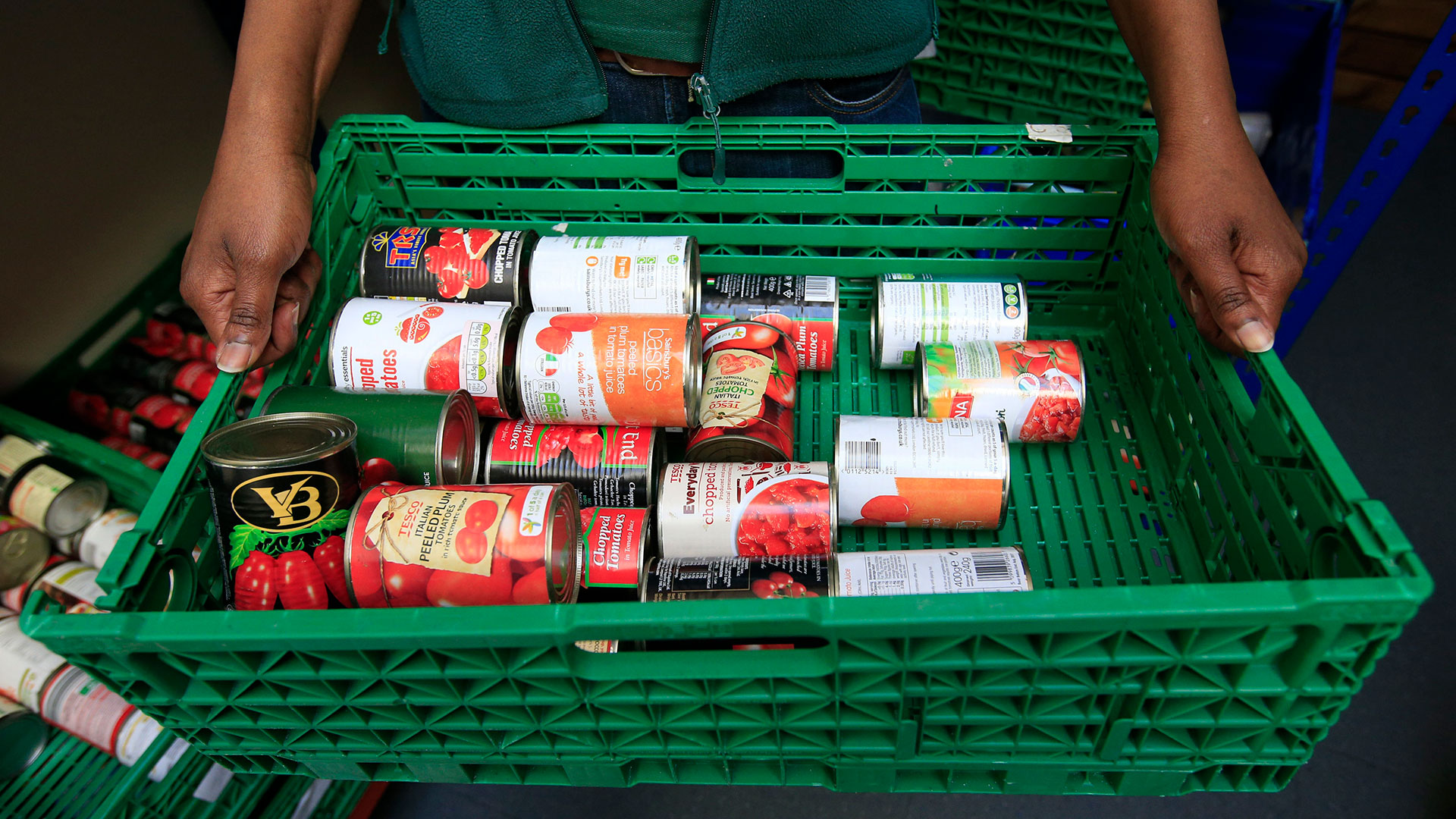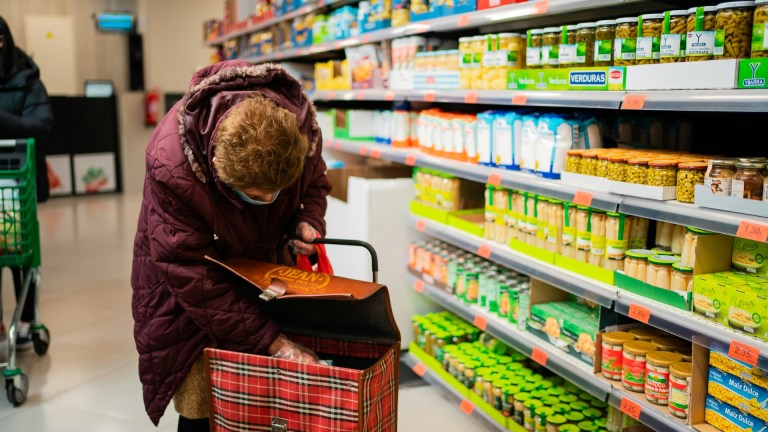The report, titled Left Behind: Is Universal Credit Truly Universal?, also found that debt played a slightly increased role in referrals – up from eight per cent to nine.
Following the survey of 284 people on Universal Credit referred to foodbanks, The Trussell Trust is calling for benefit levels to be uprated in line with inflation to ensure payments keep pace with the cost of living. They are also asking for local authorities to provide support services as well as an urgent inquiry into poor administration surrounding the system.
“As a nation we expect no one should be left hungry or destitute – illness, disability, family breakdown or the loss of a job could happen to any of us, and we owe it to each other to make sure sufficient financial support is in place when we need it most,” said The Trussell Trust chief executive Emma Revie.
“It’s hard to break free from hunger if there isn’t enough money coming in to cover the rising cost of absolute essentials like food and housing. For too many people staying above water is a daily struggle. It’s completely unacceptable that anyone is forced to turn to a foodbank as a result.
“Universal Credit is the future of our benefits system. It’s vital we get it right, and ensure levels of payment keep pace with the rising cost of essentials, particularly for groups of people we know are already more likely to need a foodbank – disabled people, people dealing with an illness, families with children and single parents.”
The UK government came under fire for plans to introduce Universal Credit – merging six benefits into one payment – after families were forced to wait six weeks for their first payment after transferring over to the new system.
As a result, Chancellor Phillip Hammond reduced the wait to five weeks from February with advance payments acting as an interest-free loan to avoid families slipping into rent arrears.
The Department of Work and Pensions insists that the Trussell Trust research fails to take into account the changes to the system.
“The reasons why people use food banks are complex, so it’s wrong to link a rise to any one cause,” said a DWP spokesperson.
“This research is based on anecdotal evidence from a small, self-selecting sample of less than 0.04 per cent of current Universal Credit claimants, whereas Universal Credit is working for the vast majority who claim it. It was also carried out before our significant improvements to Universal Credit came into effect at the Budget.”
Join The Ride Out Recession Alliance
The Ride Out Recession Alliance (RORA) will develop and implement practical steps and solutions to prevent families losing their homes, and help people remain in employment.
Learn More 








